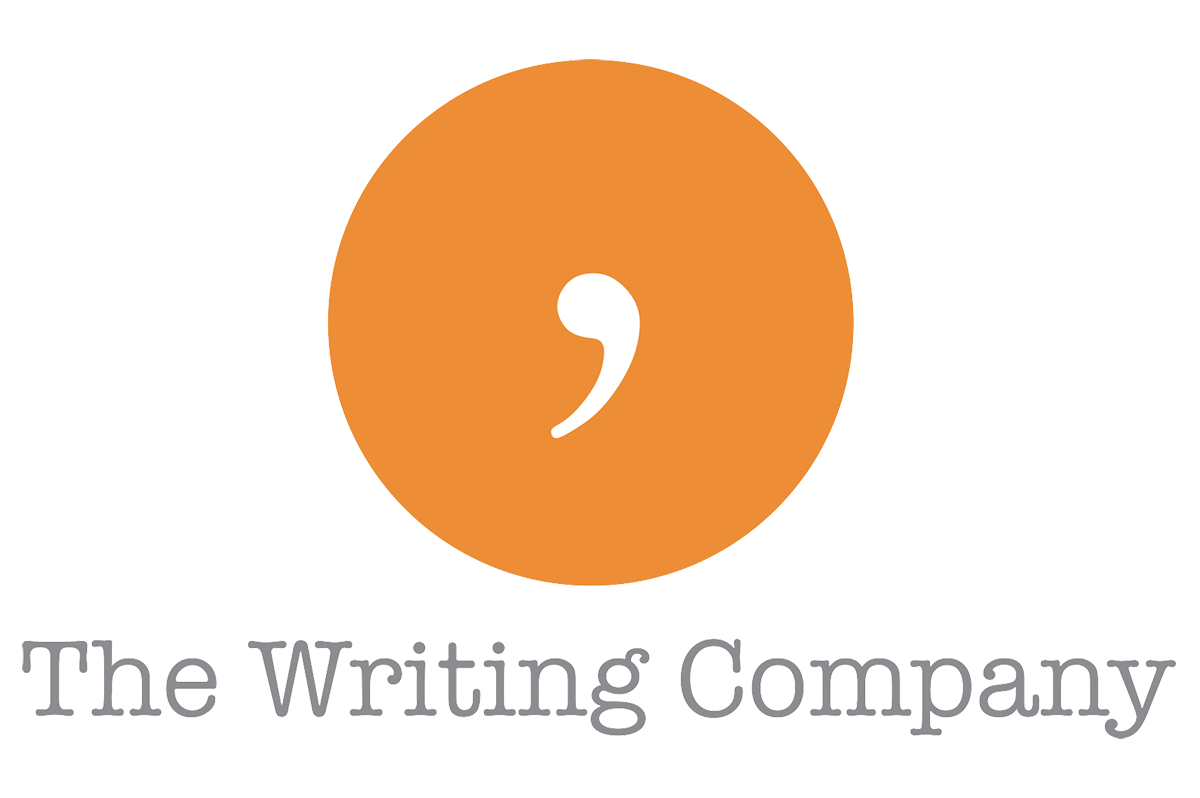4 solutions for writer’s block
We often refer to a new year as a clean slate or a blank page—a chance to begin a new story. Those metaphors are meant to be empowering, but for anyone with writing on the agenda, they may elicit some mild dread. Starting a new piece of writing can be daunting: It’s just you, your thoughts and that incessantly blinking cursor.
We’ve written tens of thousands of pieces since The Writing Company was founded in 1993. Over the years, we’ve learned a few tricks for defeating writer’s block and overcoming the fear of a blank page:
Don’t “write.” Writing is hard, especially in the beginning. So don’t bother. Instead, jot down what you already know about the piece, as well as what you don’t. This simple trick trades a vague, overwhelming mandate (“Blow minds with a 30-minute keynote”) with a set of discrete, clear-cut tasks (“Find stat about last year’s sales volume”). Arrange your notes in an order that makes sense, and fill in the gaps between them. Don’t look now … but your piece is half written before you’ve started “writing.”
Talk it out. When you’re stuck, explain what you’re working on to a colleague, a friend or even the art hanging on your wall. The point isn’t to receive feedback. It’s to give you a chance to talk your way through the piece. You may be surprised by the useful phrases and structural ideas that come out of your mouth. Now, quick! Dash to the computer to jot them down.
Stop in the middle. Writers commonly take breaks at natural stopping places, like the end of a paragraph or section. But when they get back to the computer, it’s hard to regain momentum. We know a writer who prefers to stop smack in the middle of a paragraph, so she can pick up the thread again when the break is over. If you must step away at a natural end point, scribble some notes about what’s coming next. Leaving yourself some breadcrumbs will help minimize the startup pain later.
Do something else entirely. When your conscious mind is out of ideas, it may be time to let your subconscious take over. Run an errand, walk the dog or visit your favorite barista. We find this tactic works best when it involves fresh air and at least a little physical exertion, but throwing in a load of laundry can do the trick, too. The key is to focus your attention on something else for a while and then dive back in. It’s rare to return without new insights that speed the piece along.
Have you discovered your own techniques for combating writer’s block? If so, we’d love to hear about them.

